Whenever a Civil Engineering project is planned for execution, Surveying becomes necessary to carry out on the land where it will be executed. In general the meaning of Surveying is collection of data or to examine in detail.
In Civil Engineering terms the surveying is defined as the science and art of determining the relative positions of various points on or above or below the surface of the earth. The relative positions are determined by measuring horizontal distances, vertical distances, horizontal angles or vertical angles using various surveying instruments.
After taking necessary measurements on the field, computations are done and the plan and maps are prepared in the office of surveyor. A plan or map is the horizontal projection of an area and show only horizontal distances of the point, usually map is drawn to small scale whereas plan is prepared on large scale. These are the plans and maps used for engineering works, marking boundaries, preparation of detailed drawings and estimation of the project. Surveying requires great skills and practice for doing the work accurately. It requires the basic knowledge of mathematics, physics, astronomy etc. high degree of accuracy is required in surveying work
The purpose of survey is as follows
- To calculate distance between the various points or level of various points.
- To calculate areas and quantities of materials such as earthwork involved for various engineering projects like roadways, railways, canals etc.
- To establish correctly the boundary points of the property from the available record.
- To study the site for its suitability for engineering work.
Therefore before beginning any civil engineering project we have survey the land take appropriate decisions and then we can start executing the project, therefore we can conclude by saying without conducting detailed survey it is impossible to go for a civil engineering project.
Prof. Abhijeet Baikerikar
Founder, All About Civil Engineering



